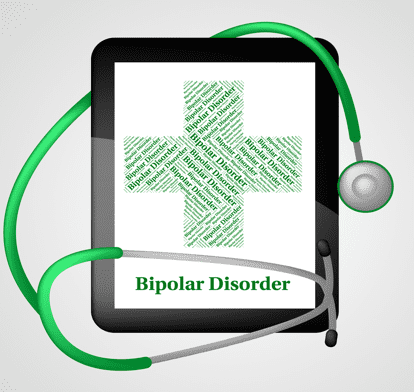Error! You must specify a value for the Video ID, Width, Height and Anchor parameters to use this shortcode!
Recently we examined how diet can influence those suffering from depression and with those suffering from bipolar disorder, the same can be true in some cases. Many bipolar patients have found some success through more exercise and better dietary choices, and in this light, here are some foods and drugs that should be avoided.
“NATURAL” DIETARY SUPPLEMENTS
Some supposedly “natural” dietary supplements can have a bad interactions with certain types of prescription medications, especially those taken in association with being bipolar. While they may seem innocent enough on the surface, they could cause other serious health problems and can also increase or enhance some bipolar symptoms. These three are of particular concern:
OTHER DANGEROUS DRUGS
While things like caffeine can be perfectly safe for most people, for many people with bipolar disorder, this type of stimulant can trigger manic episodes in some patients. Caffeine can inhibit sleep and this lack of sleep can contribute to bipolar mood swings and mania.
Alcohol is another hazard that those with bipolar disorder should steer clear from using. Not only are they more likely to become addicted to drinking or other forms of substance abuse, they can interact negatively with many types of medications.
SALT & SUGAR
Anyone who is choosing to live a healthier lifestyle will usually cut down their intake of sugar and salt. For those taking lithium to control their symptoms, monitoring salt intake can be tricky since these amounts can create a sudden increase or decrease in their sodium levels. People should consult with their physician to ensure they are getting the right amount of salt included in their diet, usually between 1,500 and 2,300 milligrams daily.
When it comes to sugar, people with bipolar disorder are at an increased risk of developing metabolic syndrome, a pre-diabetes condition that makes it difficult to manage blood sugar levels. Similar to caffeine, the rollercoaster ride of highs and lows with sugar consumption can wreak havoc with some symptomology.
Those with bipolar disorder should always consult with their doctor before making any changes to their diet. While there is no cure, prescription treatments with the right medication and better choices can offer some additional relief to those suffering from this condition.
Researched and written by Mark Kirkpatrick

